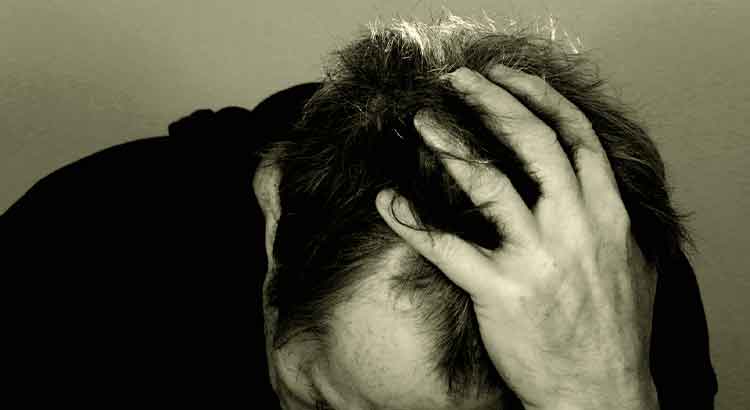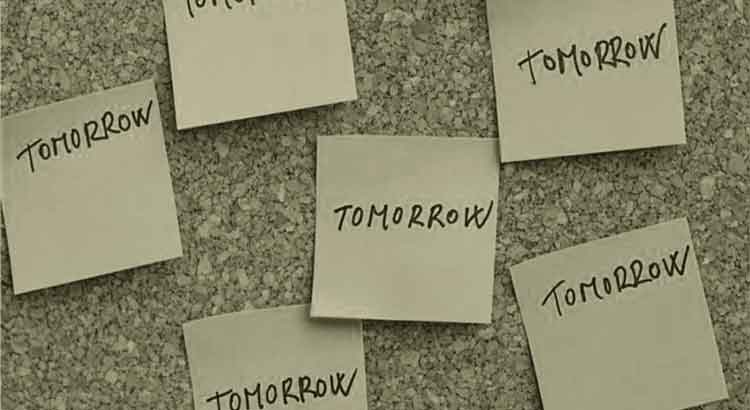Seeking meaning through external phenomena is a mechanism that, although common, will never lead to independence. To attach value to uncontrollable judgments, when not simply unfair, is to level oneself down and show a lack of autonomy. It is worse to see that acceptance, when effected, does nothing but points out the types of flocks—the absolute majority—that, although they do not perceive, will never leave the condition of vassals, because to see the medium as sovereign is to submit to an endless tyranny.
____________
Read more:



